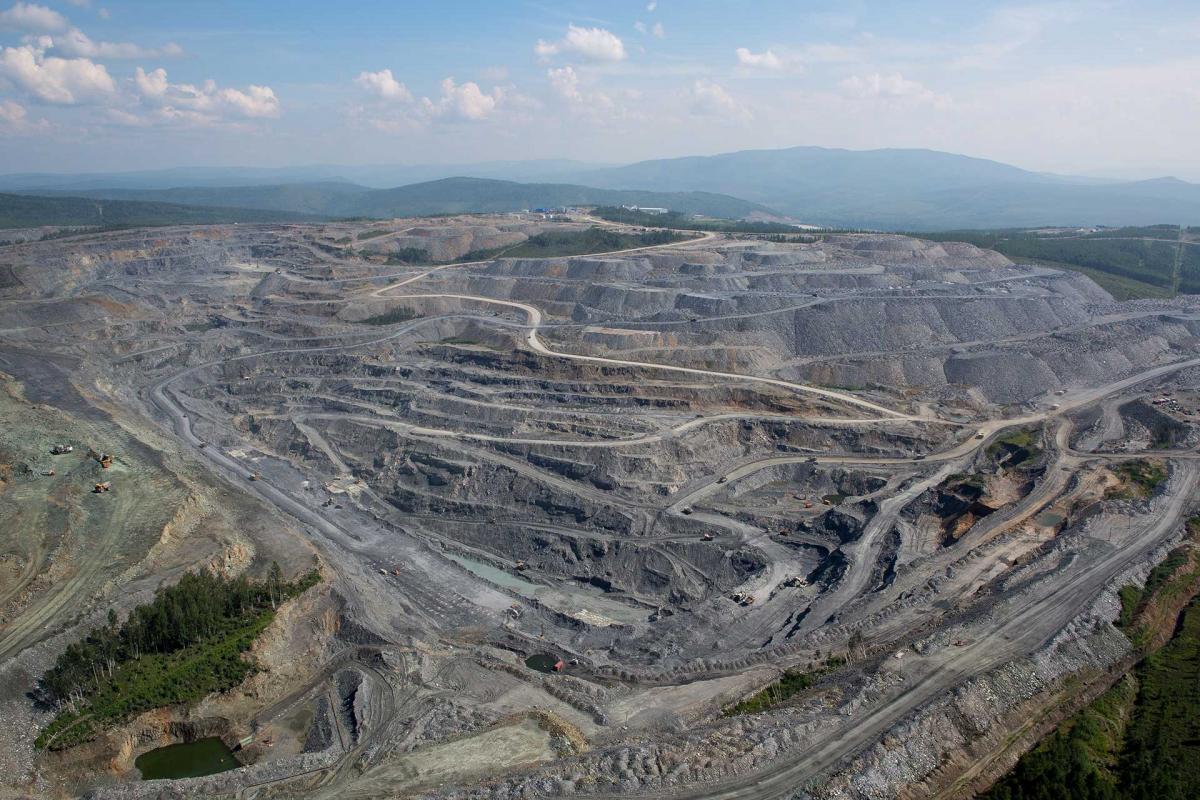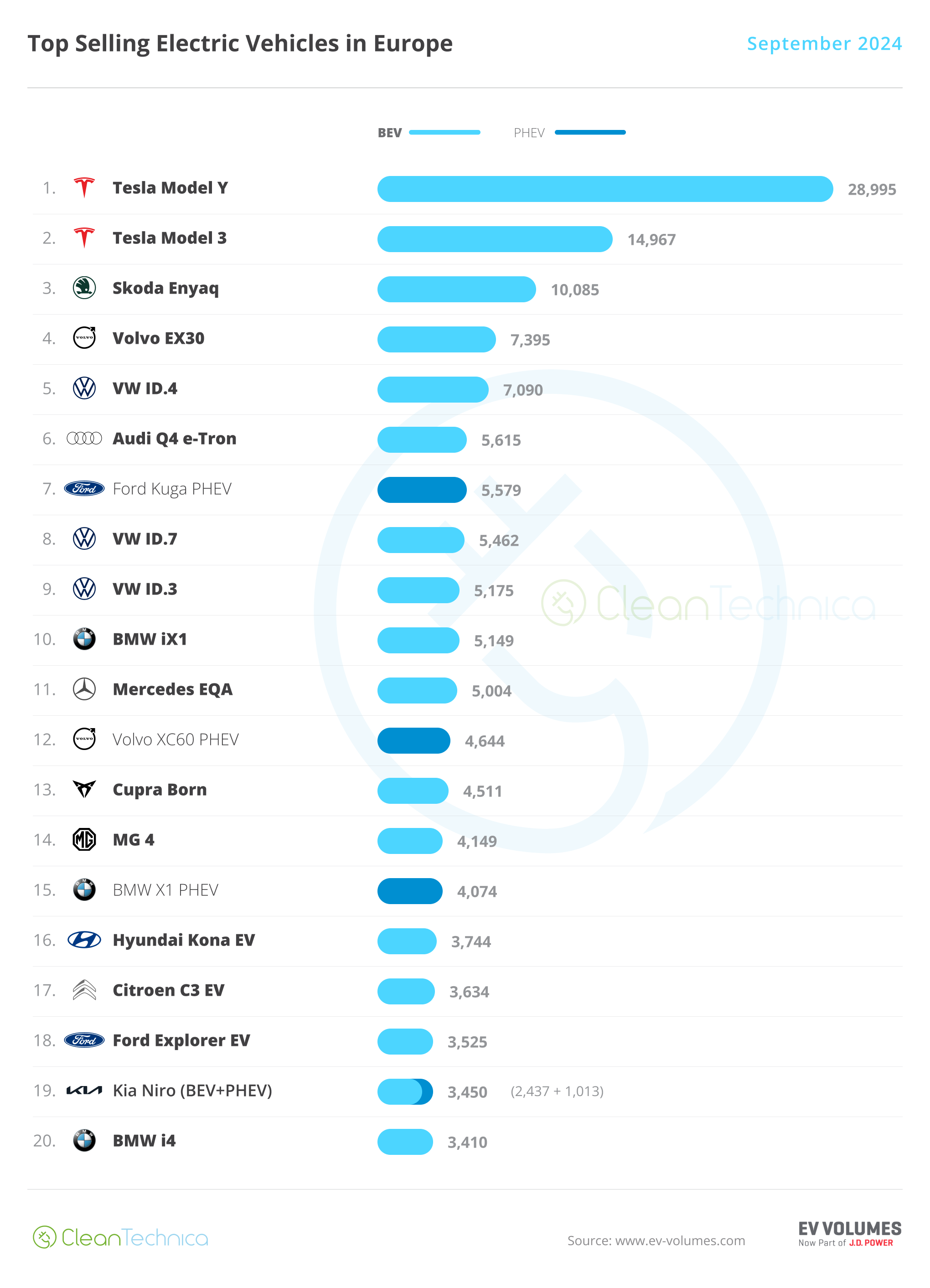Sign up for daily news updates from CleanTechnica on email. Or follow us on Google News!
There were a lot of strange things that happened at COP 28 in Dubai over the past few weeks. After marathon negotiating sessions, during which conference president Sultan Al Jaber strong armed his Saudi and Kuwaiti colleagues, the final official pronouncement from conference did the unthinkable — it mentioned fossil fuels and suggested that nations transition “away from fossil fuels in energy systems, in a just, orderly and equitable manner.”
Bill McKibben said that one sentence in the Global Stocktake was enough to make the talks a success, even though it did not go as far as many of the delegates had hoped. But he noted Al Jaber made it official with a quick rap of his gavel while his oil soaked brethren sat stone faced before him. What makes that language so important, McKibben says, is that it now becomes a tool that climate activists can use to pursue their goals.
The world’s nations have now publicly agreed that they need to transition off fossil fuels, and that sentence will hang over every discussion from now on—especially the discussions about any further expansion of the fossil fuel energy. There may be barriers to shutting down operations (what the text of the agreement obliquely refers to as “national circumstances, pathways and approaches.”) But surely, if the language means anything at all, it means no opening no more new oil fields, no more new pipeline. No more new LNG export terminals.
In fact, that last point — LNG export terminals — will almost certainly be the first real test of whether this agreement means anything. The American envoy, John Kerry, could be forgiven for thinking of it as a crowning achievement. Though he acknowledged stronger language would have been nice, he said “I think everybody here should be pleased that in a world of Ukraine and the Middle East war and all the other challenges of a planet that is foundering, this is a moment where multi-lateralism has actually come together and people have taken individual interests and attempted to define the common good. That is hard. That is the hardest thing in diplomacy, the hardest thing in politics.”
Making The Spirit Of COP 28 Real
But Kerry’s job isn’t done, McKibben argues. He needs to return home and convince the White House to pause the granting of new export licenses for the ongoing LNG buildout — a project so enormous that all by itself it could produce more greenhouse gas emissions than all of Europe. If the White House agrees — in Dubai 230 environmental organizations urged just such a pause — then we will know there was something real in all this endless talk, he says.
If that sentence in the Global Stocktake is to matter, McKibben says, it will need the same kind of commitment by nations that drove the COP 15 climate agreements hammered out in Paris. The agreement “recognizes that transitional fuels can play a role in facilitating the energy transition while ensuring energy security,” which McKibben contends will be interpreted by the fracked gas industry “as permission for them to go on pumping. We need to insist that the clear, plain meaning of the language is, the fossil fuel era is over. No more new digging and drilling (emphasis added).
He suggests the language in the final communique from Dubai could be meaningless if it is not implemented, or hugely significant if it is. The burden is now on us and climate activists around the world to take that language and make it meaningful.
Licypriya Kangujam Doth Protest At COP 28
Emily Atkin, writing on the HEATED blog, said , “It is indicative of the world’s total systemic failure to slow climate change that a child feels she must do the job of adults.” What is she referring to? Most of the media glossed over it, but on December 12, as the conference seemed poised to end in failure, 12 year old Licypriya Kangujam of India rushed the stage where all the dignitaries were assembled and shouted “End fossil fuels now! Act now! Our governments must work together to phase out coal, oil and gas, the top cause of today’s climate crisis. My generation is already a victim of the climate crisis, and I don’t want future generation to face the same consequences again.” She said all that while holding a sign aloft that read, “END FOSSIL FUEL. SAVE OUR PLANET AND THE FUTURE.”
Accosted by security, she continued to plead with the delegates, “Act now! Millions of children like me are losing their lives, losing their parents and their homes due to climate disasters. Act now! We want permanent solutions!” Before she was ejected, the delegates in the room gave her a standing ovation.
“How does a child become a climate disrupter?” Atkin asks. “Watching Licy’s protest, I found myself emotional. I felt deep sadness that a child felt she needed to risk arrest in a notoriously anti-protest country simply to beg for stronger action on climate change, and deep anger that sustained and willful inaction from governments and corporations forced her into this position.”
The Making Of A Young Activist
Licy was born in the northeastern Indian state of Manipur in 2011, the year scientists started to become confident that global heating was making weather disasters worse. In 2016, her family moved to New Delhi, where they discovered the difficult reality of living in the city’s high air pollution levels. “Partly because of Delhi’s poor air,” DW reported, Licy’s family decided to move to the city of Bhubaneswar in the eastern state of Odisha where “their home was hit by Cyclone Titli in 2018, and Cyclone Fani the following year — two of the most extreme weather events to strike eastern India in recent years.”
Also in 2018, her father took her to a U.N. disaster conference in Mongolia, a “life-changing event” that she said inspired her activism. “I got lots of inspiration and new knowledge from the people giving speeches,” she told the BBC. She then founded the Child Movement, a climate advocacy group through which she “spreads knowledge to other children.” And in 2019, her family moved back to New Delhi to organize weekly protests in front of the parliament in India’s capital, an idea inspired by Greta Thunberg’s weekly school strikes.
In Madrid in 2019, Licy, then 9, gave a speech urging world leaders to act faster. At last year’s COP 27 in Egypt, Reuters reported that Licy’s “questioning of Britain’s climate minister Zac Goldsmith about the fate of climate activists detained in his country was one of the most striking moments in the COP27 global warming talks so far.”
At this year’s COP 28, Licy gave a sanctioned speech urging polluting nations to take responsibility for the climate disruption they’ve caused to vulnerable countries. She said the adoption of a Loss and Damage fund “is a historic one… a good start but it is still not enough. What we want is not millions, but tens of billions and this shouldn’t be in the form of loan or debt trap to the developing nations.”
Fake Feel Good Stories
Emily Atkin applauds young Licy for her courage but has concerns about how her action at COP 28 will be interpreted by the media. “As a person raised in the age of the internet, I recognize a fake feel-good story when I see one, Atkin writes. “The way I see it, ‘Small Child Becomes Leading Voice Of Climate Movement’ is a story that falls into the same trap as ‘Office Workers Donate Vacation Days To Pregnant Colleague So She Can Have Maternity Leave.’
“They are each valiant acts of altruism and — in Licy’s case — courage. But they are also acts that are only made necessary by a total systemic failure to protect children. They are not inspirational. They are horrifying.” Atkin says.
Here at CleanTechinica, we see a more hopeful message. We prefer to think Licy’s bravery did have an impact and was the tipping point that made it possible for the phrase “transitioning away from fossil fuels in energy systems, in a just, orderly and equitable manner,” to be inserted into the Global Stocktake message from Dubai.
“The gates of history turn on tiny hinges,” Mrs Monahon, my high school history teacher taught her students. We can’t think of a smaller hinge than Licypriya Kangujam. May her courage and conviction mark the turning point where the nations of the world finally decide to take the problem of an overheating planet seriously.
Have a tip for CleanTechnica? Want to advertise? Want to suggest a guest for our CleanTech Talk podcast? Contact us here.
Our Latest EVObsession Video
I don’t like paywalls. You don’t like paywalls. Who likes paywalls? Here at CleanTechnica, we implemented a limited paywall for a while, but it always felt wrong — and it was always tough to decide what we should put behind there. In theory, your most exclusive and best content goes behind a paywall. But then fewer people read it!! So, we’ve decided to completely nix paywalls here at CleanTechnica. But…
Thank you!
CleanTechnica uses affiliate links. See our policy here.




